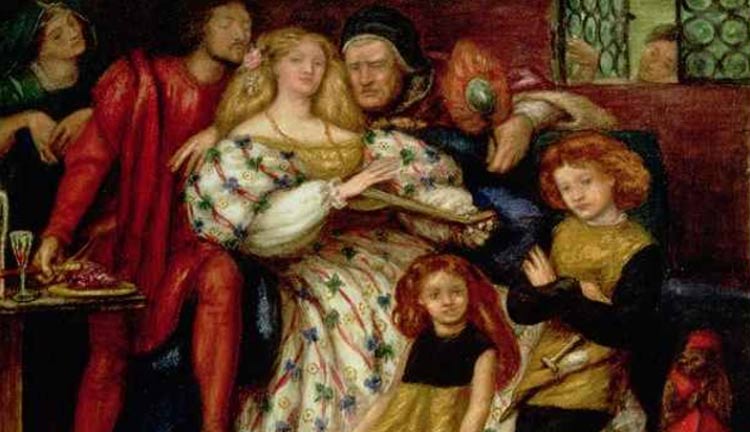The House of Borgia, one of the most infamous families of the Renaissance, is synonymous with ambition, power, and scandal. Pope Alexander VI, born Rodrigo Borgia, epitomizes their controversial legacy. His papacy, beginning in 1492, was marked by allegations of corruption, nepotism, and immorality. Despite the initial cause of his death being attributed to malaria, rumors suggested he succumbed to poison intended for another.
The Borgia family’s influence was substantial, with key members holding significant church positions. Pope Alexander VI leveraged his position to secure power for his children, most notably Cesare Borgia, who became the Archbishop of Valencia and later a prominent military leader. Cesare’s ambition and ruthlessness in consolidating power in Italy contributed to his formidable reputation.
The Borgias’ origin traces back to Spain, where Alonso de Borja, later Pope Callixtus III, first brought the family into prominence. He played a crucial role in reconciling King Alfonso V of Aragon with the papacy, subsequently elevating his family’s status. Under Pope Alexander VI, the family’s power peaked, yet their moral integrity was continuously questioned due to their ruthless methods and scandalous behaviors.
Historians debate whether the Borgias were uniquely corrupt or simply more visible in their ambitions compared to other Renaissance families. Their legacy significantly impacted the Catholic Church’s reputation and influenced contemporary and future politics. The Borgias remain a fascinating study of power dynamics, human ambition, and the intersection of morality and authority during a transformative period in Western history.
Top image: The Borgia Family by Dante Gabriel Rossetti Source: Public Domain
